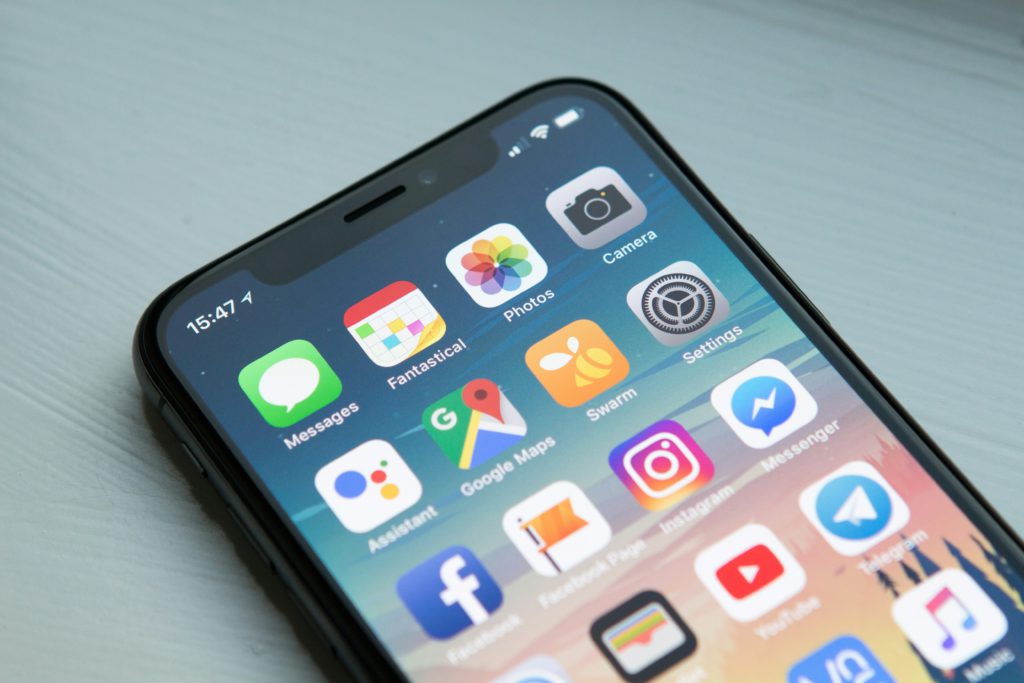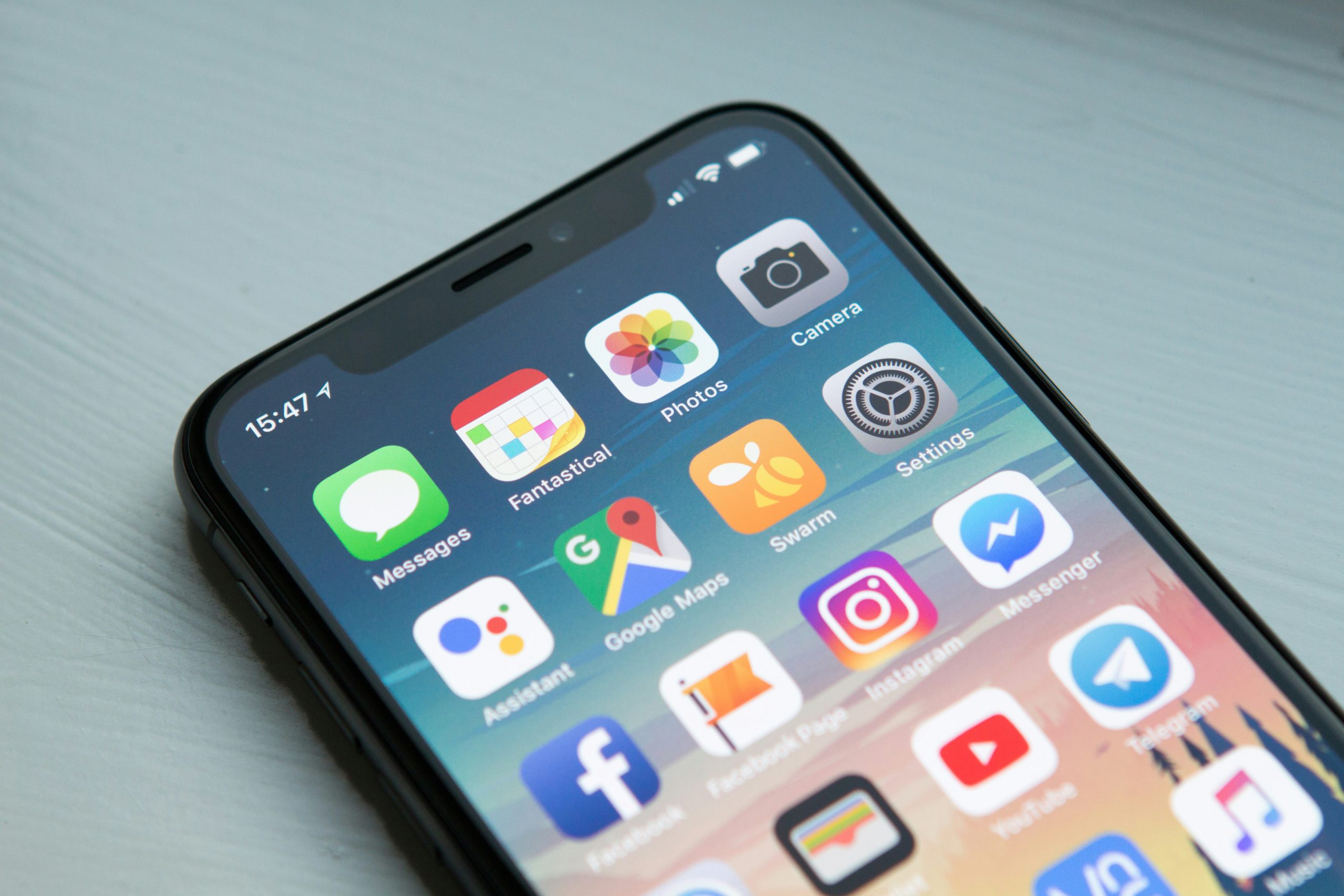Understanding the Dynamics of App Monetization

In today’s digital age, the proliferation of smartphones has significantly altered the way we interact with technology. With over 6.5 billion smartphone worldwide, mobile applications have become an integral part of our daily lives, offering convenience, entertainment, and productivity at our fingertips. However, amidst the vast sea of mobile apps flooding the market, a pressing question arises: are mobile apps profitable for developers and businesses? In this comprehensive guide, we delve into the intricacies of app monetization, exploring the various strategies and factors that determine the profitability of mobile applications.
The Landscape of Mobile Apps Profitability
The mobile app market is undeniably vast and competitive, comprising millions of apps across various categories ranging from gaming and social networking to productivity and e-commerce. According to Statista, the Apple App Store and Google Play Store collectively host over 5 million apps as of 2022, with thousands of new apps being added each day. This immense saturation poses a significant challenge for app developers and businesses seeking profitable mobile apps amidst fierce competition.
Factors Influencing Profitable Mobile Apps:
Several factors play a crucial role in determining the profitability of mobile apps:
- Market Demand and Niche Selection:
Identifying a lucrative niche with high demand and relatively low competition is essential for maximizing profitability. Conducting thorough market research to understand user needs, preferences, and pain points can help developers target niche markets effectively. - Monetization Strategy:
Choosing the right monetization strategy is paramount for generating revenue from mobile apps. Common monetization models include:
- Freemium: Offering a free basic version of the app with optional in-app purchases or premium features.
- In-App Advertising: Displaying advertisements within the app and earning revenue based on impressions, clicks, or conversions.
- Subscription: Charging users a recurring fee for accessing premium content or services.
- Paid Downloads: Charging users a one-time fee for downloading the app.
- User Acquisition and Retention:
Acquiring users and retaining them is vital for sustaining profitability. Employing effective marketing strategies, optimizing app store listings, and providing exceptional user experience can enhance user acquisition and retention rates. - Platform Considerations:
Developing apps for multiple platforms, such as iOS and Android, expands the potential user base and revenue opportunities. However, each platform has its unique requirements and considerations that developers must account for. - Quality and Innovation:
Creating high-quality apps that offer innovative features and functionality can differentiate them from competitors and attract users willing to pay for value-added experiences.
Successful Case Studies of Profitable Mobile App
Several mobile apps have achieved remarkable success in terms of profitability. One notable example is Candy Crush Saga, a wildly popular puzzle game developed by King. Despite being free to download, Candy Crush Saga generates significant revenue through in-app purchases, with millions of players worldwide spending money on virtual items and power-ups.
Another success story is Netflix, the leading subscription-based streaming service. By offering a vast library of movies and TV shows accessible through a monthly subscription fee, Netflix has amassed millions of paying subscribers globally, cementing its position as a profitable mobile app.
Challenges and Considerations of Profitable Mobile Apps
While mobile apps present lucrative opportunities for profitability, developers and businesses must navigate several challenges and considerations:
- App Discoverability: With millions of apps vying for attention, standing out in crowded app stores and ensuring discoverability can be challenging. Effective app store optimization (ASO) and/or marketing efforts are essential for enhancing visibility and attracting users.
- Monetization Pitfalls: Adopting the wrong monetization strategy or implementing monetization tactics that compromise user experience can backfire, leading to poor user retention and negative reviews.
- Rapid Technological Changes: The mobile app landscape is constantly evolving, with emerging technologies, platforms, and trends shaping user expectations. Staying abreast of technological advancements and adapting strategies accordingly is crucial for long-term profitability.
- Monetization Ethics: Balancing monetization goals with user privacy, security, and ethical considerations is paramount for maintaining user trust and loyalty.
Conclusion
In conclusion, the profitability of mobile apps hinges on various factors, including market demand, monetization strategy, user acquisition, and platform considerations. While the mobile app market offers immense opportunities for profitability, developers must navigate challenges and adopt effective strategies to succeed in a competitive landscape. By understanding the dynamics of app monetization and staying abreast of market trends, developers can harness the full potential of mobile apps as lucrative revenue-generating ventures.
Want to build a mobile app?
If you are looking to stand out and you feel we might be able to help with strategizing and building your mobile app. Feel free to book a free consultation.
